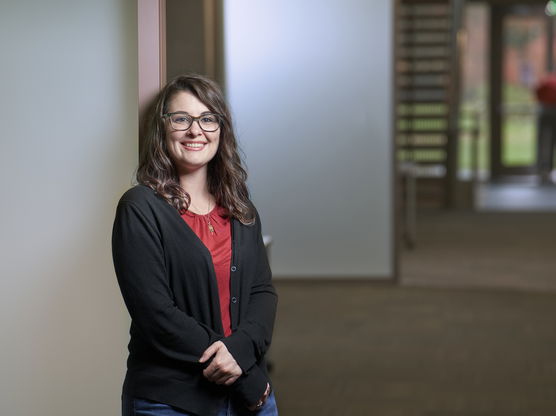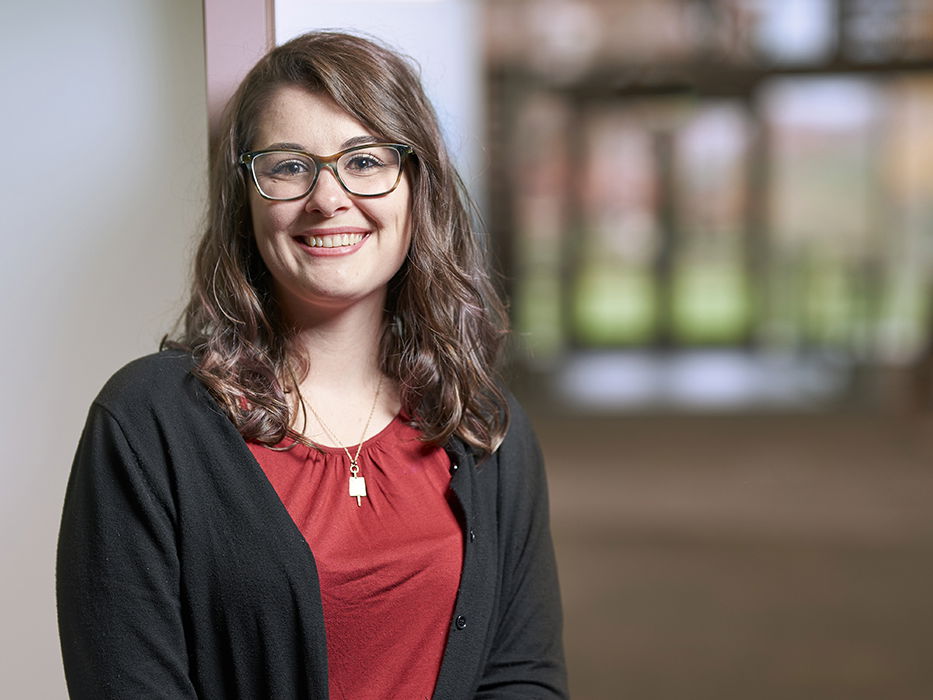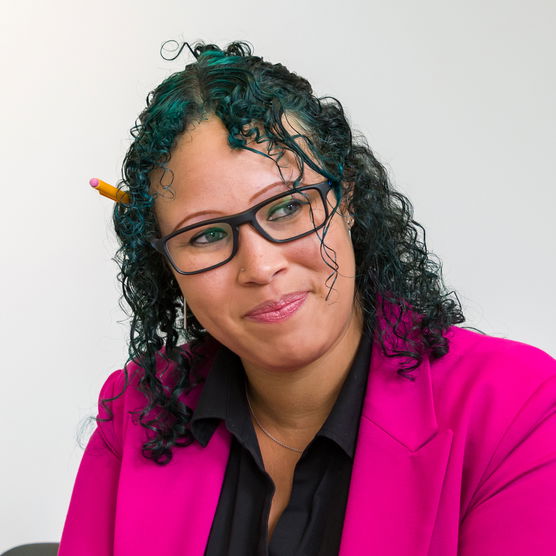
Colleen Smyth BA’15, MS’21
Transforming Math Curriculum at Portland Public Schools
High school math teacher Colleen Smyth used her Willamette MS in Data Science to develop a model predicting on-time graduation rates and is now advocating for more data science-focused courses in Portland Public Schools, where she recently launched the district’s first AP statistics class.





